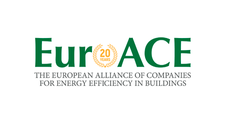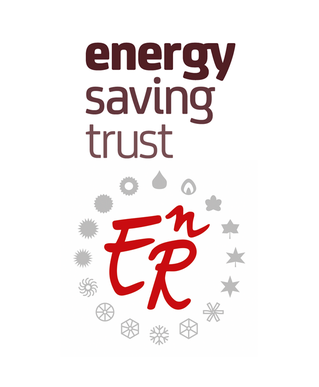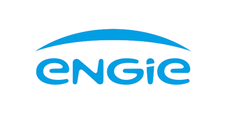Search eceee proceedings
Experimenting with resource-intensive practices and related energy consumption levels
Panel: 1. The dynamics of limiting (energy) consumption
This is a peer-reviewed paper.
Authors:
Charlotte Louise Jensen, Aalborg University Copenhagen, Denmark
Freja Friis, Danish Building Research Institute
Abstract
It is widely accepted that the well-being of humans and other species now and in future generations is vulnerable to the effects of climate change and that urgent mitigation measures are required (IPCC, 2014, 2018). Ecological and environmental crisis and severe resource depletion mandate a need for fundamental social change in systems of production and consumption (e.g. COP 21, Paris Agreement).
Despite significant efforts by the EU as well as national and municipal governments to reduce domestic energy consumption over the last 20 years, traditional problem framing (which has typically relied on a mix of rational consumer choice models, efficiency measures and information-based behavioral change theory) has failed to deliver anticipated reductions (e.g. EEA, 2013). New problem-framings are needed to understand and engage with the challenge of high levels of energy consumption.In the EU-funded research initiative ENERGISE, practice-theoretically inspired ways of understanding and challenging current resource intensive, domestic practices are developed and tested.
This paper presents:
1) the role of social scientific enquiry in developing such new ways of understanding and challenging resource intensive practices as well as
2) the role of related methods in rolling out experiments, which seek to reduce energy consumption accordingly.
This paper discusses and exemplifies these dynamics by presenting the process of conducting ENERGISE ‘Living Labs’ involving Danish households to challenge their resource intensive practices related to home-heating and laundry routines.
Downloads
Download this paper as pdf: 1-116-19_Jensen.pdf
Download this presentation as pdf: 1-116-19_Jensen_Presentation.pdf
Panels of
1. The dynamics of limiting (energy) consumption
2. What's next in energy policy?
4. Monitoring and evaluation for greater impact
5. Smart and sustainable communities
7. Make buildings policies great again
8. Buildings: technologies and systems beyond energy efficiency
9. Improving energy efficiency in ICT, appliances and products

























